Fortune Tellers as Tools of Influence in the Arab World
Abdul-Salam Mohammed, head of the Abaad Center for Studies, revealed that international intelligence agencies are employing fortune tellers and astrologers as a means to influence public opinion in Arab societies. He argued that their so-called "predictions" are not mystical insights but rather serve as tools for leaking intelligence plans, advancing strategic goals, and undermining rivals.
He explained that this phenomenon stems from several factors, including the exploitation of low education levels and widespread belief in superstition within developing nations. Mohammed highlighted the parallels between the use of fortune tellers in Arab societies and Western think tanks that shape narratives in advanced societies.
"For instance," he stated, "if Lebanese fortune teller Layla Abdel Latif is supported by France, her predictions—despite their lack of factual basis—are likely intended to prepare the ground for French interests in the region. Similarly, the outputs of the U.S.-based International Crisis Group are less about resolving crises and more about promoting American, British, and European interests."
He concluded by drawing a comparison: "While Western think tanks influence policymakers in developed countries, fortune tellers in the Arab world manipulate public opinion and pave the way for foreign agendas."
The statement has sparked wide reactions on social media, with many users criticizing the reliance on superstition in Arab societies and calling for higher education levels and critical thinking to counter these influences.
"What is happening in Yemen? What caused the war? And who ignited it?
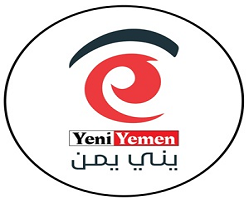

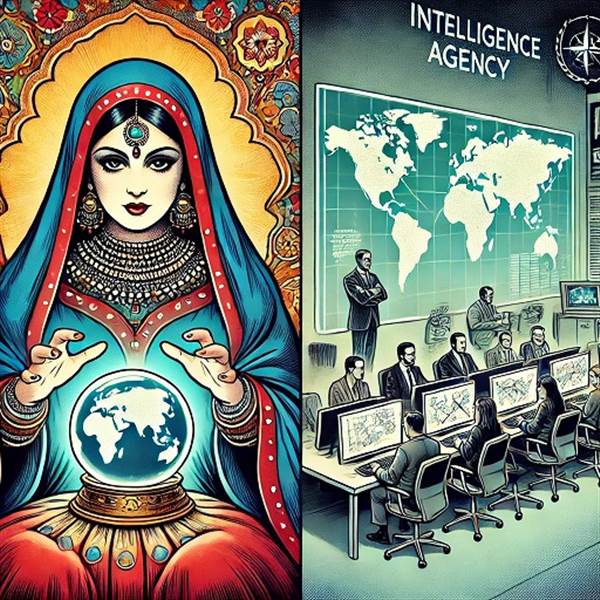
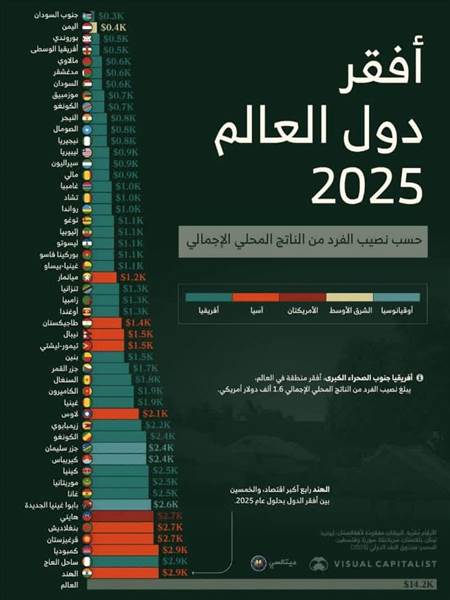


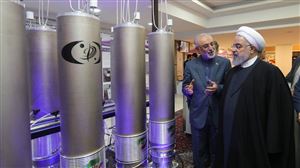

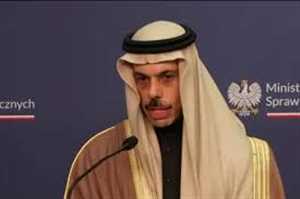
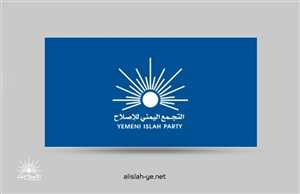
Comments